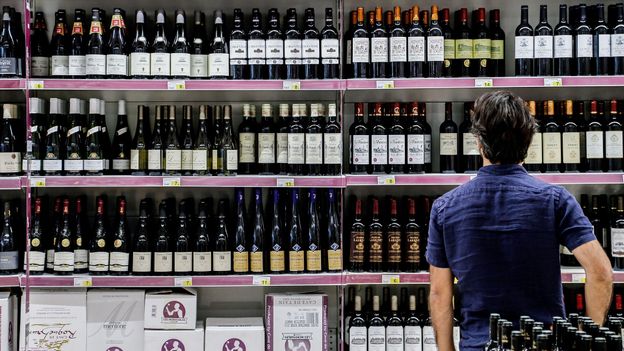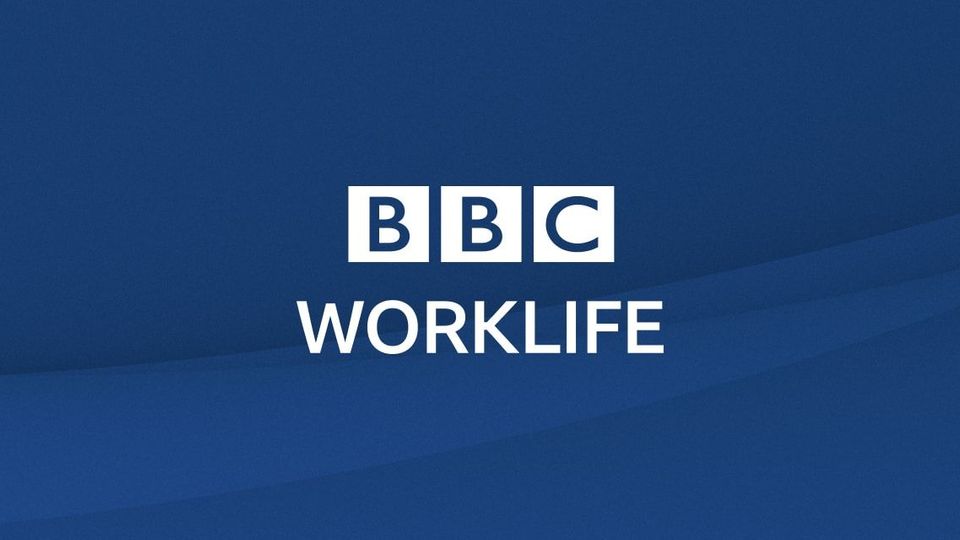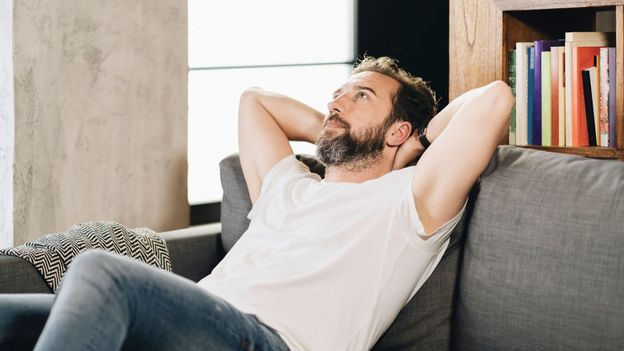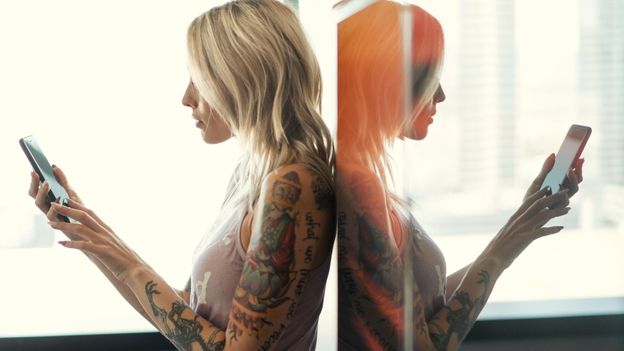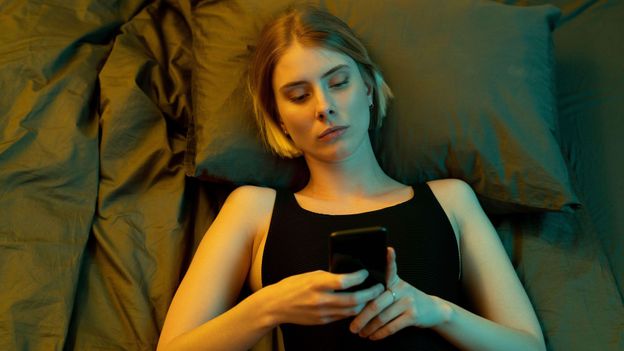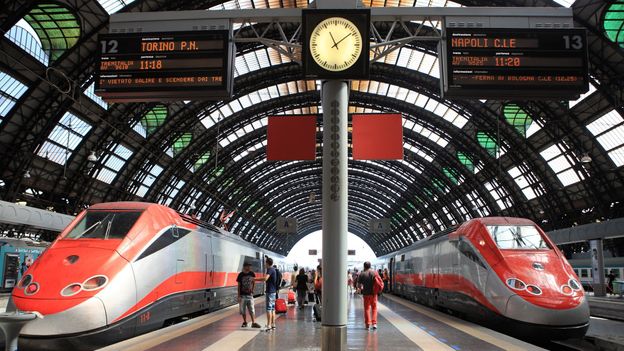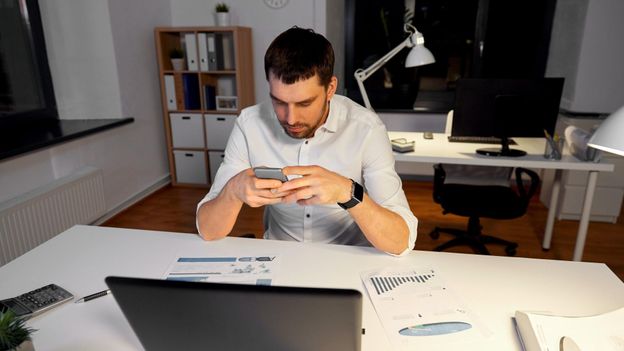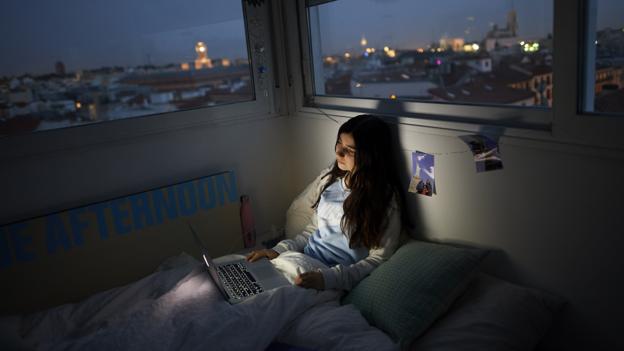But now, he says, “I can let my guard down…. You’re minimising any risk of contact with other people. All they can see is your eyes.” Near-anonymous behind his mask, he feels protected – and he says he also feels more connected to strangers he encounters in the street. To Dutt, masks are a symbol of vulnerability, and a reminder of all we have in common. “We live in a society that is very judgmental on the outside and [on] aesthetics, and this makes it clear we are human beings, and we are vulnerable.”
Stamoulis explains that masks reduce the strain of the spontaneous meetings that those with social anxiety can dread. “There is often a stream of worry leading up to social interactions, and negative self-talk after, such as self-critique about one’s appearance, making inappropriate facial expressions, saying the ‘right’ thing, not being pleasant enough, etc.” But, she adds, public outings with masks can be less anxiety inducing because “one’s identity can be concealed, facial expressions cannot be easily analysed, physical aspects of anxiety are reduced (like blushing or stammering) and/or the pressure to engage in small talk is removed”.
“Anonymity carries power,” adds Ramani Durvasula, a clinical psychologist and psychology professor at California State University, Los Angeles. “It can feel like trying on a different ‘role’ and the associated expectations of that role, perhaps freeing us of what can feel exhausting and insincere about smiling (especially when we aren’t having a good day).” Masks may be small – after all, they leave our bodies, eyes and hair on show – but by covering our mouths they conceal part of our emotional expression. “The fear of someone who is socially anxious of showing an emotion that could be judged negatively may in part be mitigated by the mask – a smirk may be missed and a person who is socially anxious may then feel more safe.”


